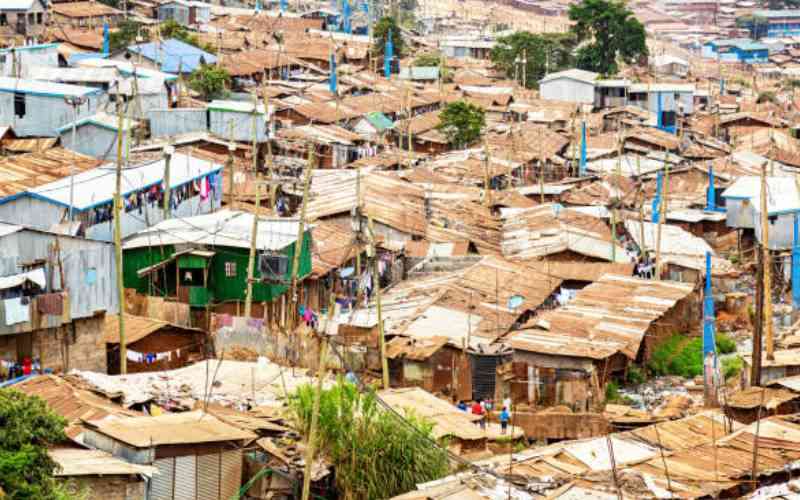×
The Standard e-Paper
Fearless, Trusted News

Housing is a basic human need. But a lack of affordable housing to buy or rent is fuelling a global housing crisis.
By 2025, 1.6 billion people are expected to be affected by the global housing shortage, according to the World Bank.